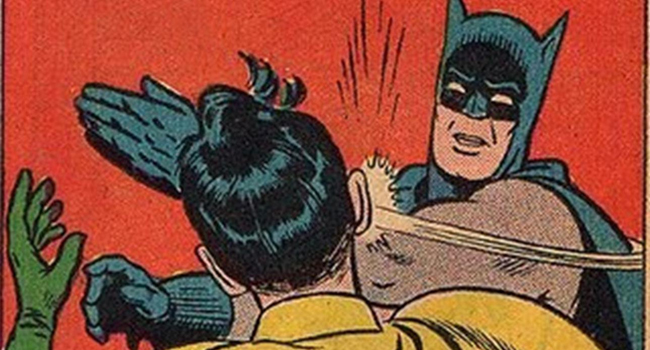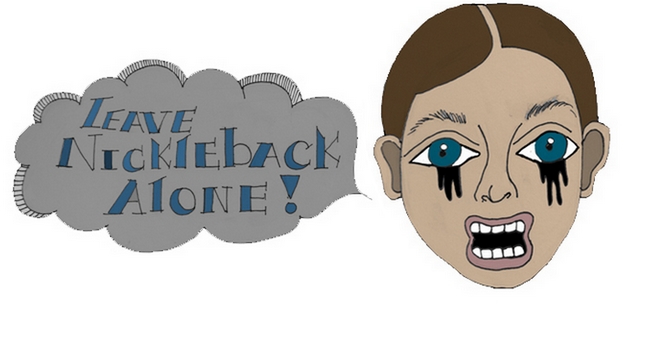For your information yes, I know that’s a co-opt of a Biggie lyric, not a Tupac lyric. But doesn’t it seem perfect? For one (oh yeah, it was two) weekends in April, we got to witness the digital reanimation of dead tissue, as Dr. Dre and Snoop Dogg brought back the first rap superstar back to life to be witnessed by people who were not alive during his reign. For at least the minute you could have your movies about B.I.G., because the hippest projection-based media about early 90s rap-phenoms was awkwardly strutting onstage with a particularly good voice actor helping out.
What’s strange is that the hologramsanity (that’s what we’re calling it, right?) doesn’t really seem to have a next place to go. Dr. Dre is spouting the possibility of a Snoop/Dre/HoloPac tour out of the same mouth that insists Detox is in its final mastering stages. Tupac’s Greatest Hits compilation has seen a 571 percent spike in sales, proving that not everybody on the Internet claiming to know all the words to “Hail Mary” is telling the truth. But to expect that those sales will again rise, or that Pac will stay on the Billboard charts, a place he hasn’t been since 2000, is pretty bullish on the cultural staying power of an idea that previously was the realm of fictitious white men called ‘Jedi.’
So we have the surface problem with the hologram. The other one is more ethically based – other than famous dead rappers, of which there are relatively few with the cache of Pac, whose estate responds to the query of whether or not they’d like their beloved music icon reanimated and voiced-over is “of course!” There is precedent for this as well; when the makers of the supernova-to-black hole phenomenon that was Rock Band included Kurt Cobain’s virtual avatar in one of their games, the always completely sane Courtney Love cried foul. The Beatles hadn’t even made their music available digitally until their estate decided that whole “Beatlemania” thing made everybody a pretty penny and overdosed the pop culture spectrum on Abbey Road again.
Mere novelty certainly has its upside.
Nobody has cared about Dr. Dre in years, unless you count his shameless hawking for Coors Light or his crappy headphones. If they do intend to take the HoloPac out on tour, at least Dre/Snoop have guaranteed more serious consideration of their live foibles than before, since nearly every aging rappers’ tour is awful (Jay-Z, obviously, is the exception to this). But even then, HoloPac only serves one purpose: advertising.
Tupac, even Dr. Dre and Snoop Dogg, have little to prove at this stage in their life. Consider Detox, which at this point is better served by never coming out and ruining its cultural currency ala Chinese Democracy. Without doing anything to deserve such an honor, Coachella deemed them headliners of their final night, a feat similarly awarded to Paul McCartney, Prince and a hitherto festival shy Radiohead. If the pair had come out and delivered an inspired set to a crowd expecting mere mediocrity, it would’ve been enough to spark conversation for at least a little while. Instead, the handlers behind Snoop/Dre figured out that what works best in the music industry these days is the great “WTF” moment, a happening so uniquely berserk that it can be used as meme-fodder for a few weeks before the next moment takes over (this moment, incidentally, is the ludricious idea of “pussy rings” that Grimes seems dead set on releasing).
On demand culture has numerous positives, many of them spilling over in the music world.
Spotify, iTunes, YouTube and its satellites have all engendered a righteous entitlement complex among fans. HoloPac even slightly played into this since the entire set was streamed live. But what that entitlement and availability can do is make life dull – ask heiresses who do reality shows. When the exclusive becomes commonplace, the only way to achieve cache, “scene points” if you will, is to either see what happens first, or be aware enough to notice an opportunity to show off your clearly advanced wit before Tumblr takes advantage.
Sure, HoloPac was fantastic advertising for Dre/Snoop. I certainly am not talking about them right now if HoloPac doesn’t exist. But more than that, Tupac’s sudden digital resurrection was fantastic advertising for people who were clever enough to talk about it first. The culture of “first” is basically the entire reason personal twitter accounts exist anymore, and for one brief shining morning one could reasonably assume that Tupac was going to gain them mere seconds of cultural importance.



